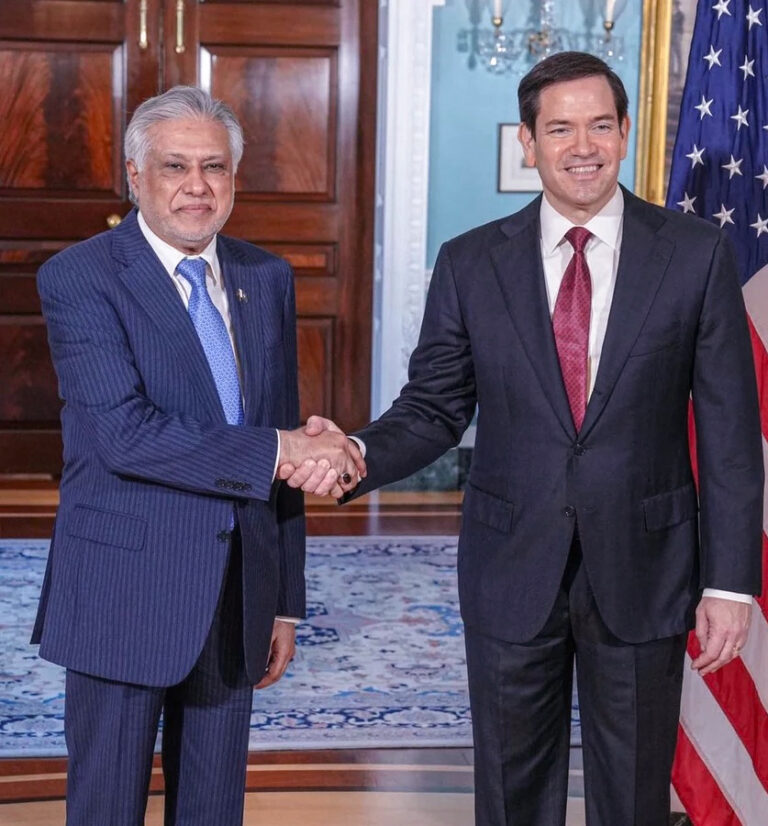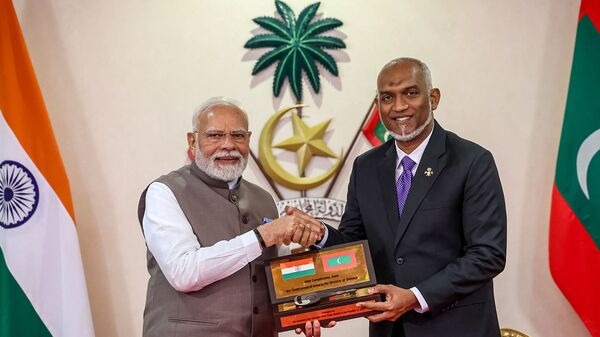
The report reveals that the most striking gains have been in graphic health warnings, a key measure under the WHO Framework Convention on Tobacco Control
The World Health Organization (WHO) on Monday released its report on the Global Tobacco Epidemic 2025, warning that action is needed to maintain and accelerate progress in tobacco control as rising industry interference challenges tobacco policies and control efforts.
The report that was released at the World Conference on Tobacco Control in Dublin focuses on the six proven WHO MPOWER tobacco control measures to reduce tobacco use, which claims over 7 million lives a year: Monitoring tobacco use and prevention policies; Protecting people from tobacco smoke with smoke-free air legislation; Offering help to quit tobacco use; Warning about the dangers of tobacco with pack labels and mass media; Enforcing bans on tobacco advertising, promotion and sponsorship; and Raising taxes on tobacco.
Since 2007, 155 countries have implemented at least one of the WHO MPOWER tobacco control measures to reduce tobacco use at best-practice level, according to the report. India data show, the country has achieved complete measures in two of these categories— Offering help to quit tobacco use and Warning about the dangers of tobacco with pack labels and mass media— and moderate measures in the rest of the four categories.
Today, over 6.1 billion people, three-quarters of the world’s population, are protected by at least one such policy, compared to just 1 billion in 2007, the report said.
Four countries have implemented the full MPOWER package: Brazil, Mauritius, the Netherlands (Kingdom of the), and Türkiye. Seven countries are just one measure away from achieving the full implementation of the MPOWER package, signifying the highest level of tobacco control, including Ethiopia, Ireland, Jordan, Mexico, New Zealand, Slovenia and Spain.
However, there are major gaps. Forty countries still have no MPOWER measure at best-practice level and more than 30 countries allow cigarette sales without mandatory health warnings.
“Twenty years since the adoption of the WHO Framework Convention on Tobacco Control, we have many successes to celebrate, but the tobacco industry continues to evolve and so must we,” said Tedros Adhanom Ghebreyesus, WHO director-general. “By uniting science, policy and political will, we can create a world where tobacco no longer claims lives, damages economies or steals futures. Together, we can end the tobacco epidemic.”
The report reveals that the most striking gains have been in graphic health warnings, one of the key measures under the WHO Framework Convention on Tobacco Control, that make the harms of tobacco impossible to ignore. Hundred and ten countries now require them — up from just 9 in 2007 — protecting 62% of the global population; and 25 countries have adopted plain packaging.
WHO warns, however, that enforcement is inconsistent, and smokeless tobacco packaging remains poorly regulated. “Despite their effectiveness, 110 countries haven’t run anti-tobacco campaigns since 2022. However, 36% of the global population now lives in countries that have run best-practice campaigns, up from just 19% in 2022,” read the report.
“Taxes, quit services and advertising bans have been expanding, but many improvements are needed: Taxation: 134 countries have failed to make cigarettes less affordable. Since 2022, just 3 have increased taxes to the best-practice level. Cessation: Only 33% of people globally have access to cost-covered quit services. Advertising bans: Best-practice bans exist in 68 countries, covering over 25% of the global population.”
Around 1.3 million people die from second-hand smoke every year. Today, 79 countries have implemented comprehensive smoke-free environments, covering one-third of the world’s population. Since 2022, six additional countries (Cook Islands, Indonesia, Malaysia, Sierra Leone, Slovenia and Uzbekistan) have adopted strong smoke-free laws, despite industry resistance, particularly in hospitality venues.
There has been a growing trend to regulate the use of e-cigarettes or ENDS, Electronic Nicotine Delivery Systems. The number of countries regulating or banning ENDS has grown from 122 in 2022 to 133 in 2024, a clear signal of increased attention to these products. However, over 60 countries still lack any regulations on ENDS, the report said.
“Governments must act boldly to close remaining gaps, strengthen enforcement, and invest in the proven tools that save lives. WHO calls on all countries to accelerate progress on MPOWER and ensure that no one is left behind in the fight against tobacco,” said Ruediger Krech, director of health promotion, WHO.






